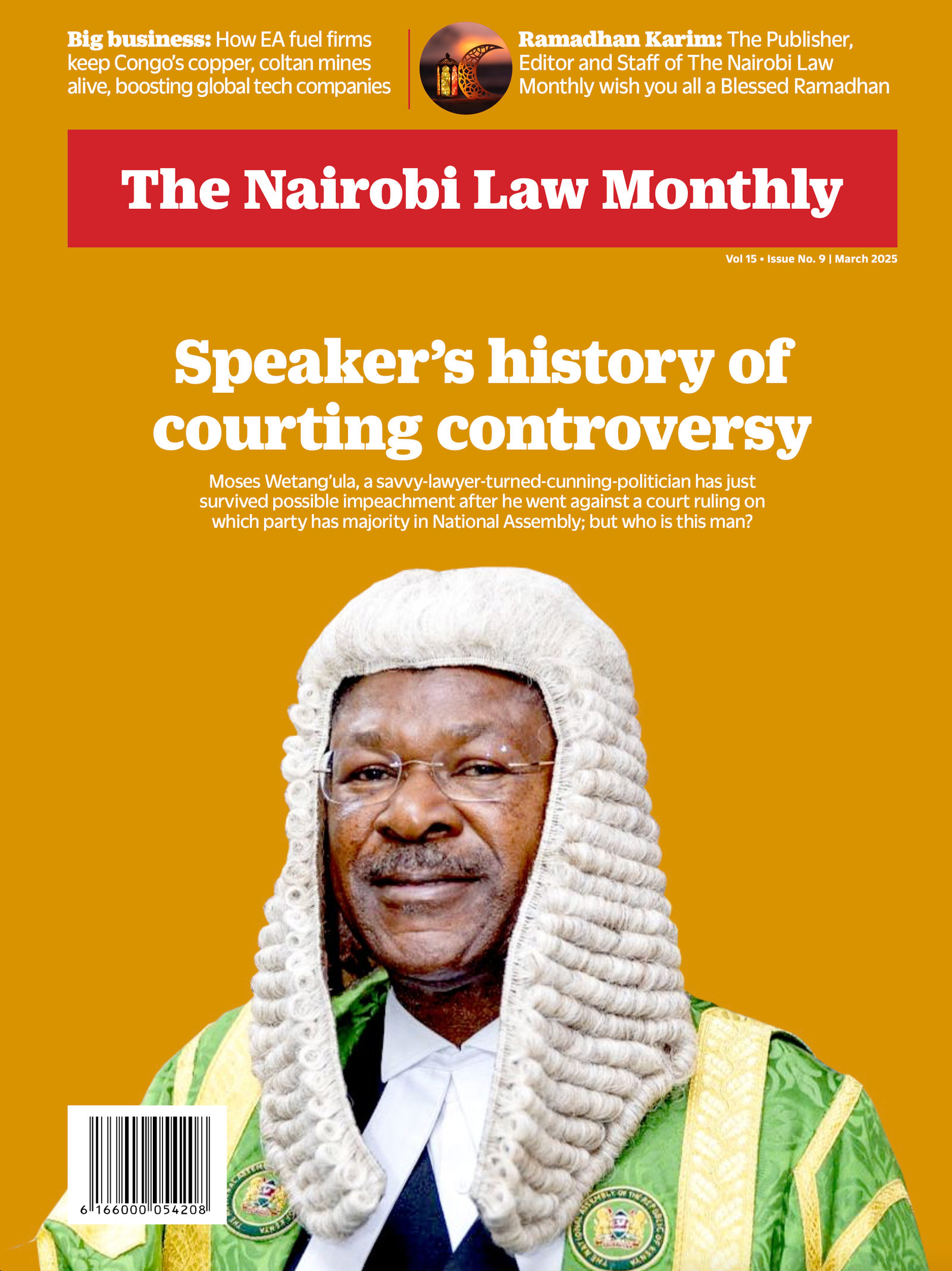By Bradley Parks, Ani Harutyunyan, and Matt DiLorenzo
We are living in an era of resurgent nationalism and rising skepticism about the value of multilateral institutions. China’s new role as a financier of first resort for many low-income and middle-income countries has also raised fundamental questions about the raison d’être of multilateral development banks, such as the World Bank.
Nobel Prize winner Michael Kremer and the Center for Global Development’s Michael Clemens make the case that the principal value of the World Bank does not lie in its lending activities for stand-alone public investment projects but from its influence on national policies, and that economic theory suggests such influence is often best exerted multilaterally.”
Empirical evidence suggests that the World Bank does indeed have outsized policy influence with public sector decision makers in the developing world. In 2014, AidData fielded a survey of nearly 7,000 development policymakers and practitioners in 126 low-income and middle-income countries, which showed that the World Bank has substantially greater influence over the direction, design, and implementation of government policies than most of its bilateral and multilateral peers.
Some have proposed that the World Bank is influential because of its use of development policy loans (DPLs), which do not support stand-alone projects but instead provide budget support in exchange for policy reform. A key feature of the DPL program is the fact that financial disbursements are linked to the adoption of specific policy conditions, so the World Bank’s ability to withhold disbursements from borrower governments could be the underlying source of its influence.
But the World Bank uses another instrument—that costs far less money—to influence government policy in its client countries: the provision of analytical and advisory services. Previous research suggests that these so-called “non-lending” services—for example, when the organization advises a government on the design of a conditional cash transfer program by analyzing the experiences of other countries that have implemented similar programs—are particularly influential when they are undertaken in collaboration with public officials from client countries, which may increase the resonance and perceived reliability of the World Bank’s analysis and advice.
The World Bank spends about $200 million on non-lending services and $30 billion on lending services every year. Therefore, if a central goal of the World Bank is to influence government policy in low-income and middle-income countries, our results imply that it can achieve better value for money by doubling down on the provision of analysis and advice.
As low-income and middle-income countries reduce their reliance on official development assistance and assume greater responsibility for direct service delivery activities, many aid agencies and development banks are refocusing their efforts on helping partner countries reform laws, institutions, regulations to promote economic development and effective governance in the long run. This reallocation of time, money, and effort may be appropriate, but there is a growing gap between stated objectives of international development organizations and the metrics of success they use to judge their performance.
Easily observable output and outcome measures— such as the amount of economic output generated, the number of children vaccinated, and the number of kilometers of roads constructed—are useful for measuring the success of direct service delivery activities. But most aid agencies and development banks lack credible ways of measuring their influence on the policy priorities of partner countries. Our study demonstrates that relatively inexpensive investments in the collection of data can help international development organizations that aspire to influence government policy measure the effectiveness of the instruments that they create for this purpose.

